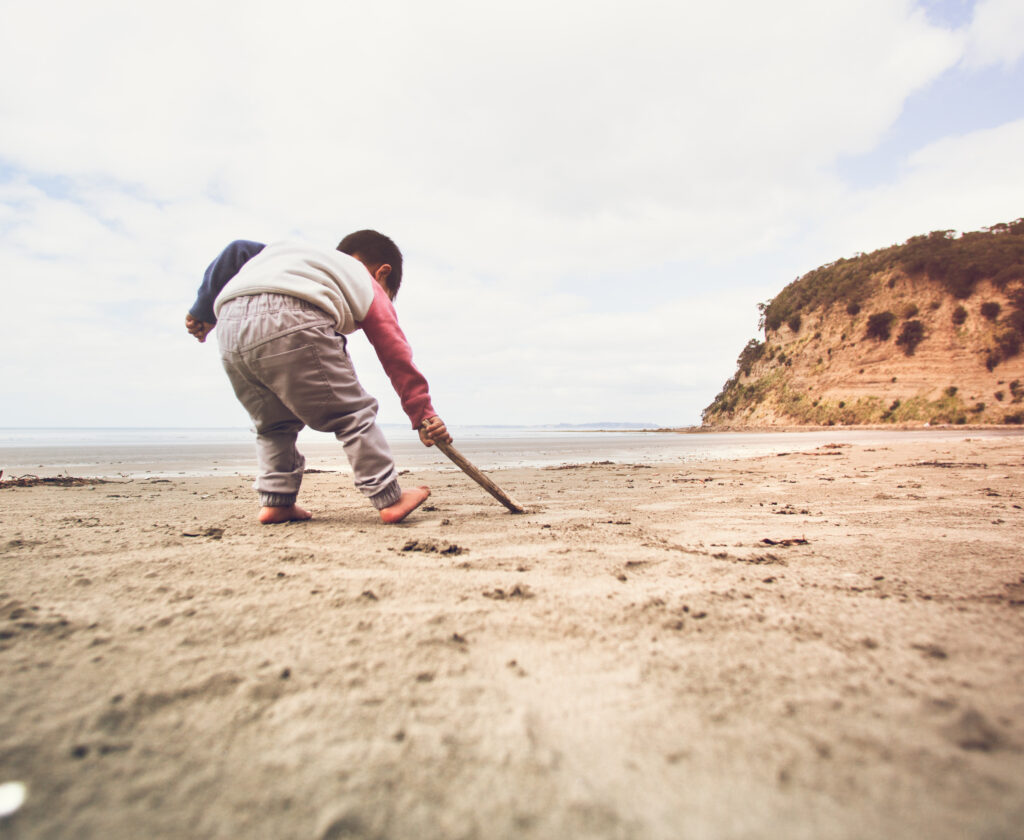 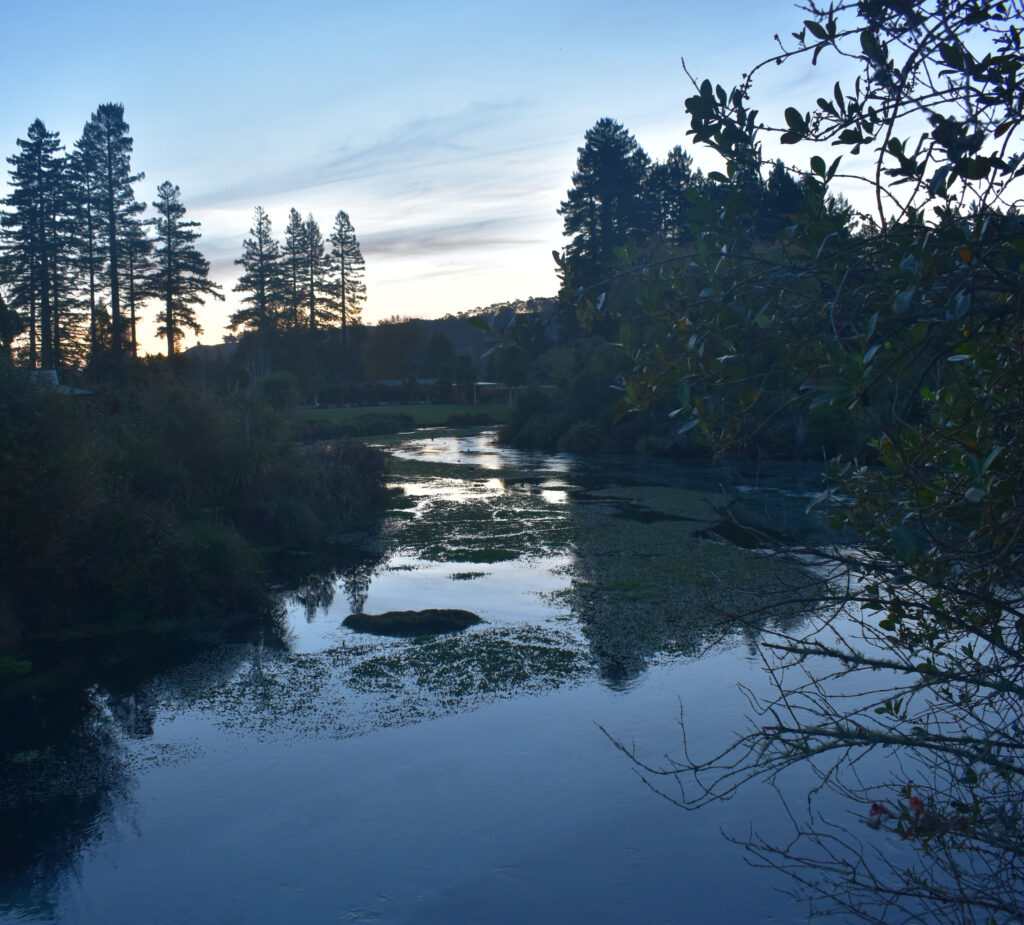
|
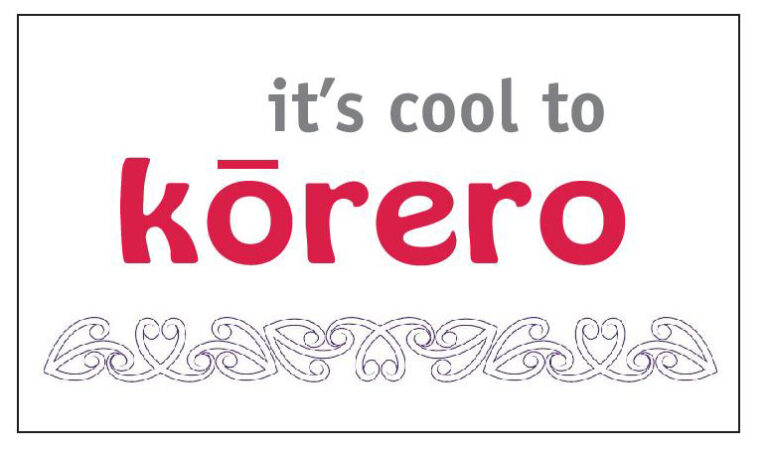 Haere mai and welcome to the February column. The new word for this month is waewae (feet). Before Europeans brought horses and other forms of transport to Aotearoa, Māori had waka to navigate the seaways and rivers, but much of the time they explored and travelled the country on foot. Māori exploration of Aotearoa is known as ngā waewae tapu; the phrase waewae tapu (literally meaning “sacred feet”) also refers to newcomers or rare visitors to a marae or other place. Another very important Māori concept involving waewae, is tūrangawaewae. This means a place where a Māori person has the right to stand — the place where they have the right to belong and live, according to kinship ties/whakapapa. More generally it can mean a place a person regards as their spiritual home. Tūrangawaewae is also the name of the main marae of the Kīngitanga, in Ngāruawāhia. The names of some haka also include waewae — eg whakatū waewae, or tūtū waewae — indicating the importance of the actions of the feet. Kupu hou (new word)
More words related to waewae:
E mihi ana ki a Titihuia Pakeho rāua ko Mairi Lucas. Sources |
Features
It’s cool to kōrero — February 2024
February 29, 2024
Waewae — feet.
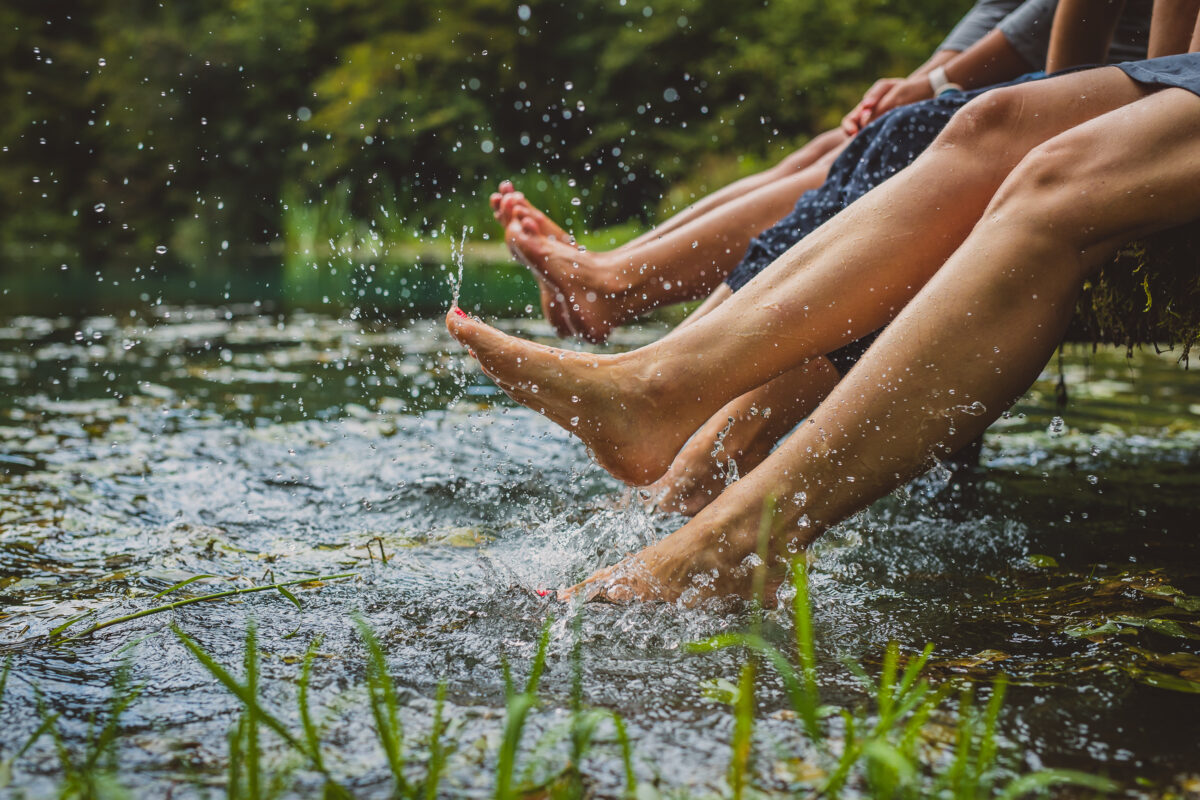


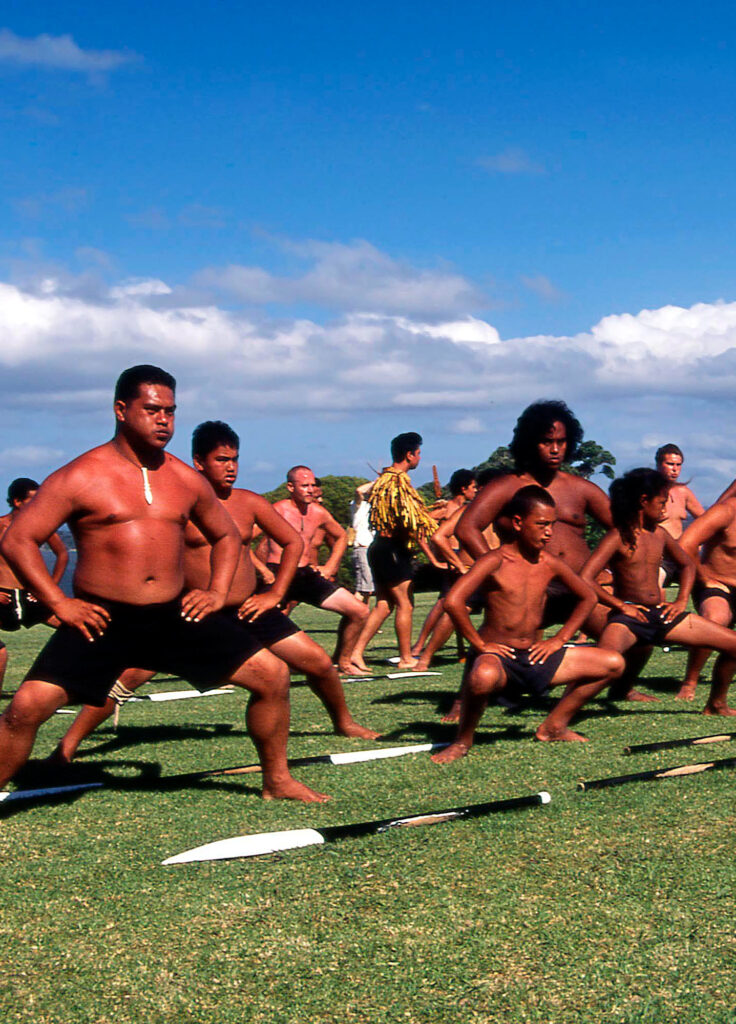 The placement of the feet is vital in the haka. Photo: iStock
The placement of the feet is vital in the haka. Photo: iStock
